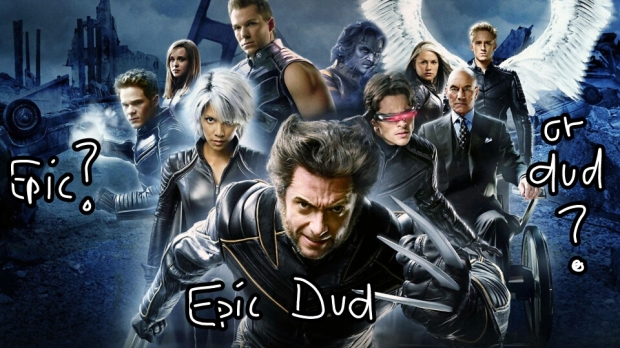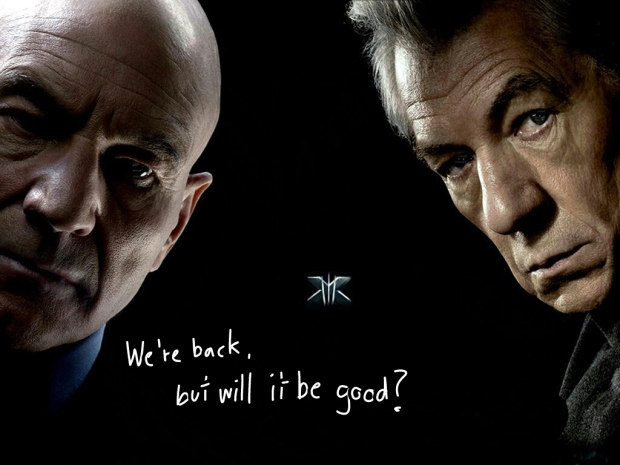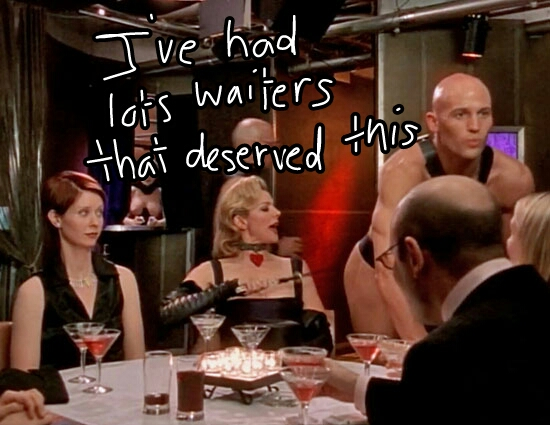There are a couple things I generally don’t do. One is that I don’t usually read young adult fiction, though in the past I have and been pleasantly surprised (Phillip Pullman’s “His Dark Materials” series was incredible).
Another is that I don’t usually read novels after I have seen a film version of them. Before seeing the film? Yes. But after tends to spoil the experience.
I did both after seeing the first Hunger Games film the other year. I had heard of the books a couple of years prior to that from a friend who rather glowingly praised them. She mentioned that the books at that time were only just beginning to gain notice but that films were planned.
They are quick reads, not overly long despite the content, and read almost like a transcription of some of the film’s story boards. It’s generally not the kind of writing I’m used to, but among other things I considered that the price to pay for reading young adult fiction.
I found the initial presentation of the characters to be pretty good, and the plots were tightly written through the first book and a half. But that price I mentioned paying started to take its toll on my experience about half way through the second book and was pretty rough through Mockingjay.
My main problem with the books was how they were written. I couldn’t tell if the writing was kept more simplistic to prevent things from getting too complex for younger readers or something else, but the result is that the quality of writing seems insufficient to support to wealth of themes and concepts and plots Suzanne Collins attempts to convey.
Action sequences seemed frenetic and chaotic, but not purposefully so. The writing just jumped around inconsistently. The conspiracy in Catching Fire was okay but not nearly as engaging as the more focused struggle in The Hunger Games. By the end of Mockingjay, everything was so rushed that all of the plots were scattered and sloppy in their resolutions. Characters no longer made distinct choices as much as they were moved by the author via deus ex machina square by square across a checkerboard of trite plot points and contrived emotions.
Filmmakers are releasing Mockingjay in two parts. The novel would have benefited by doing the same instead of Collins’ rigid attempt to shore horn everything within a trilogy of three act books based on her playwright experience.
Perhaps the worst casualty of the writing was Katniss Everdeen herself. Initially, the character was presented brilliantly. She is an independent, capable, clever teenage girl who can stand up to others physically and intellectually and win. She even confronts the despotic President Snow and tries to beat him at his own game.
Katniss unravels by the end of Mockingjay. Instead of the pressure of her previous trials hardening her into a diamond, she shatters. I understand the author’s theme with this is “war is bad” or “this is what conflict does to people”, but the way in which Collins depicts this is disrespectful to the marvelous and inspiring character she crafted, and her plight could have been handled more capably if there were more time and pages for this story to be fleshed out.
The final nail into the Katniss’ coffin is how she finds her happily ever after as a married women with children. There’s nothing wrong with aspiring to raise a family, but for a character such as Katniss, the ending is too cliche, simple, and frankly (with all due respect to the wonderful films of Disney) Disney-esque. Introducing her as an independent young woman but then leaving us with a broken housewife puts the author’s views on women into question. Is this the future she wants her young adult female readers to glean from her work?
Despite these frustrations, there are a few things that I enjoyed about the books. The setting, a dystopian future where dissent is quelled with deadly reality television, is curious and enthralling. The backstory frames the setting quite well, and poses some implicit questions such as how our world came to such a state as Panem.
Tracker Jackers, mockingjays, the different characteristics of each District, these qualities and more brought the world to life. I liked reading the tidbits of lore.
The “bread and circuses” games themselves are horrifying and appropriately bloody and traumatic affairs. I was slightly shocked reading about them, but completely entertained. The premise of this whole series is a really strong one, and held together even when other things fell apart.
Even the decadent culture of the Capitol is sickening in a way and provides a mirror of sorts to our own obsession with entertainment and vanity. Taking Katniss from an Appalachian backwater and seeing her forcibly transformed into a TV star was mesmerizing. The fact that even all out war was televised is eerily familiar to our society.
Just like Katniss, great concepts and sci-fi elements were made over into something flashy and stylish. I found myself wanting the substance to shine through instead. I also found myself wondering if the films were always planned and that quickly releasing these books to the young adult market was just a way to expedite the movie-making process.
I especially enjoyed the first book and a half, but my issues with the writing heavily affected my enjoyment of the rest. Mockingjay itself had great potential, but was too speedily and clumsily resolved. Maybe the films will do it better, which is, to me, a compromising sentiment. On the other hand, had these novels been treated and released as full-on speculative science fiction, we would have had a wonderful modern classic that explores the evils of war and statism. Instead we got a watered down teeny bop pop culture phenomenon in the vein of Twilight.










